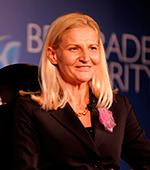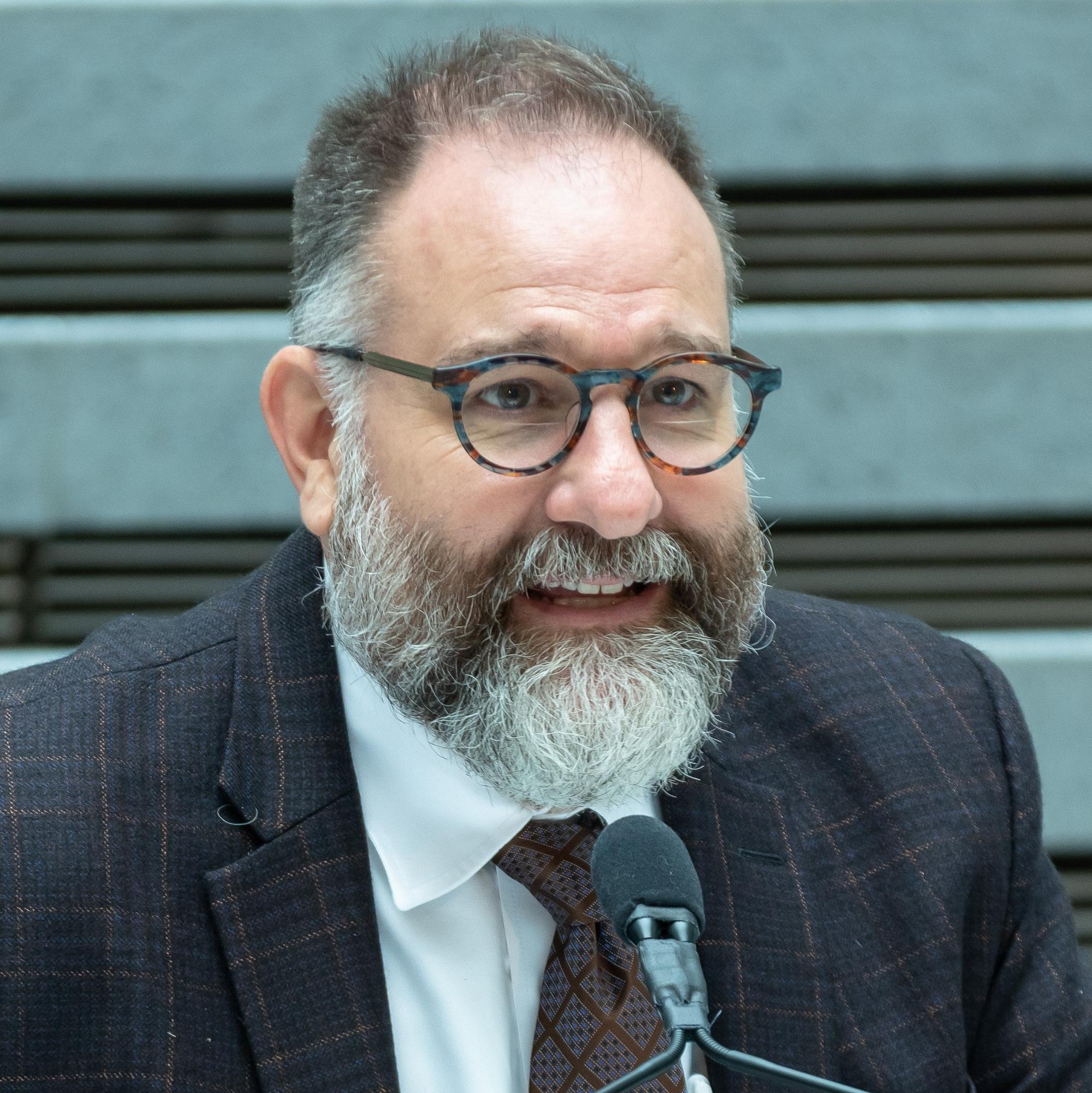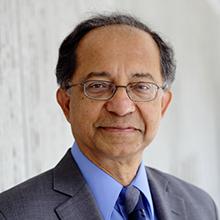LGBTI Inclusion, Poverty Reduction, and Shared Prosperity

LGBTI Inclusion, Poverty Reduction, and Shared Prosperity
Despite some progress in the past two decades, the situation of lesbian, gay, bisexual, transgender and intersex (LGBTI) people around the world remains challenging. The rights of LGBTI people are not fully respected, protected or realized due to punitive laws and policies, stigma, discrimination, and violence. More than 70 countries still criminalize homosexuality while, in a handful of countries, homosexuality is punishable by death. While robust data are scarce, existing evidence indicates that LGBTI people have lower educational outcomes, higher unemployment rates, as well as inadequate access to health, housing, and financial services. On May 17, the World Bank Group will observe the International Day Against Homophobia, Transphobia and Biphobia, now celebrated in more than 130 countries. This year’s IDAHOT will bring together policymakers, civil society, the private sector, and development partners to discuss the linkages between social inclusion and good development outcomes.
Related Links:
OCTOBER 9-15, 2023
- Watch the 2023 Annual Meetings
OCTOBER, 2023
- Inclusive Digital Transformation in Latin America and the Caribbean
- Balancing Act: Jobs and Wages in the Middle East and North Africa
- Delivering Growth to People through Better Jobs in Africa
- Services for Development in East Asia and Pacific
- Toward Faster, Cleaner Growth in South Asia

![[Backup] WBLive_landscape_All-colors - 1](https://s7d1.scene7.com/is/image/wbcollab/trending-World-Bank-Live-landscape?qlt=75&resMode=sharp2)





